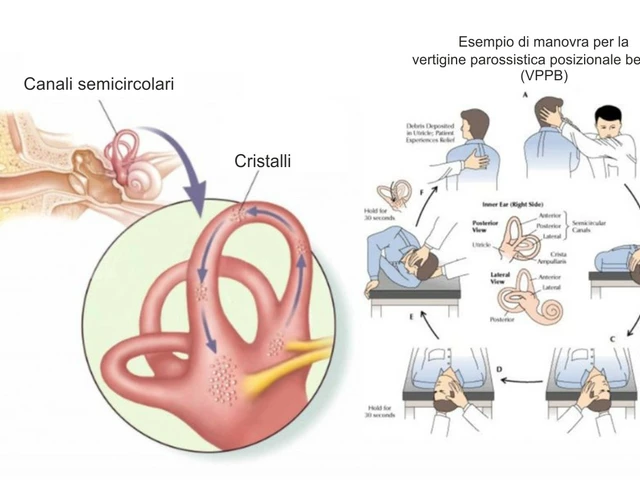
The importance of recognizing and addressing symptoms of depression in the workplace
Understanding Depression in the Workplace
Depression is a mental health condition that affects millions of people worldwide. It is characterized by persistent feelings of sadness, hopelessness, and a lack of interest or pleasure in activities. Depression can also manifest in physical symptoms such as fatigue, sleep disturbances, and changes in appetite. In the workplace, depression can negatively impact an individual's job performance and overall well-being, making it crucial for both employees and employers to recognize and address the signs of this mental health issue.
Identifying the Signs of Depression in Employees
It is essential for managers and supervisors to be aware of the potential signs of depression in their employees. Some common symptoms may include a decrease in productivity, frequent absences, difficulty concentrating, irritability, and withdrawal from social activities. It is important to remember that everyone experiences depression differently, and an employee may not exhibit all of these symptoms. However, if you notice a significant change in an employee's behavior or performance that lasts for an extended period, it may be time to address the issue and offer support.
Creating a Supportive Work Environment
One of the most effective ways to prevent and address depression in the workplace is by fostering a supportive and inclusive work environment. This can be achieved by promoting open communication, encouraging teamwork, and providing opportunities for employees to connect with one another. Additionally, offering flexible schedules, allowing for remote work, and providing mental health resources can help employees better manage their mental health and maintain a healthy work-life balance.
Encouraging Self-Care and Wellness
Encouraging employees to prioritize self-care and wellness can significantly impact their mental health and overall well-being. This can include promoting healthy habits such as regular exercise, adequate sleep, and proper nutrition. Additionally, offering wellness programs or workshops can help employees learn more about mental health and develop strategies for managing stress and preventing burnout. By demonstrating your commitment to employee well-being, you can help create a workplace culture that promotes both physical and mental health.
Training and Education for Management
Providing training and education for management on mental health issues, including depression, is crucial in creating a supportive workplace. This can help managers better understand the signs of depression and develop the skills needed to communicate with employees who may be struggling. It can also help to reduce stigma surrounding mental health issues, making it more likely that employees will feel comfortable seeking help when needed.
Implementing Employee Assistance Programs (EAPs)
Employee Assistance Programs (EAPs) are an effective resource for addressing mental health issues in the workplace. These programs provide confidential counseling and support services for employees experiencing personal or work-related difficulties, including depression. By offering access to EAPs, employers can assist employees in getting the help they need to overcome mental health challenges and improve their overall well-being.
Accommodating Employees with Depression
It is important for employers to make reasonable accommodations for employees who are experiencing depression. This can include adjusting work schedules, providing additional support, or modifying job duties to better suit the employee's needs. By making these accommodations, employers can help employees manage their mental health and maintain their job performance.
Encouraging Open Communication
Creating an open and non-judgmental workplace culture where employees feel comfortable discussing their mental health is essential in addressing depression. Encourage employees to share their experiences and feelings, and provide a safe space for them to do so. This can help reduce the stigma surrounding mental health issues, making it more likely that employees will seek help when needed.
Monitoring and Evaluating Mental Health Initiatives
Finally, it is important to regularly monitor and evaluate the effectiveness of any mental health initiatives implemented in the workplace. This can help to identify areas for improvement and ensure that the resources and support provided are meeting the needs of employees. By actively addressing mental health issues, including depression, employers can create a healthier, more productive work environment for all employees.





Written by Jakob Fitzroy
My name is Jakob Fitzroy, and I am an expert in pharmaceuticals with a passion for writing. I have dedicated my life to studying medication and understanding how it affects various diseases. My goal is to educate people about the importance of proper drug therapy and prevention methods. I have authored numerous articles, providing valuable insights on medication, its development, and its impact on patients. My driving force is to contribute to the ongoing fight against diseases and improve the overall health and well-being of people around the world.
All posts: Jakob Fitzroy